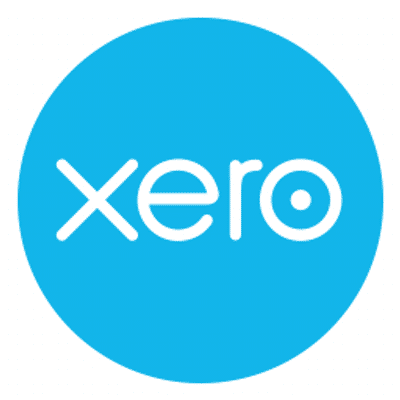Smarty Accounting is a Accounting Software. Smarty Accounting offers Tax Management, Purchasing, Multi-Currency, Fixed Asset Management, Expense Tracking and many more functionalities.
Some top alternatives to Smarty Accounting includes Xero, Sage Accounting (Sage One), Patriot Accounting, Quickbooks and Busy Accounting Software.
No, Smarty Accounting doesn't provide API.
No, Smarty Accounting doesn't provide mobile app.
Smarty Accounting is located in London, United Kingdom - EC4N 7DZ
Smarty Accounting offers Free Trial, Subscription pricing models
The starting price of Smarty Accounting is $13.19/Month




/logo_1622728934.296577.png)










